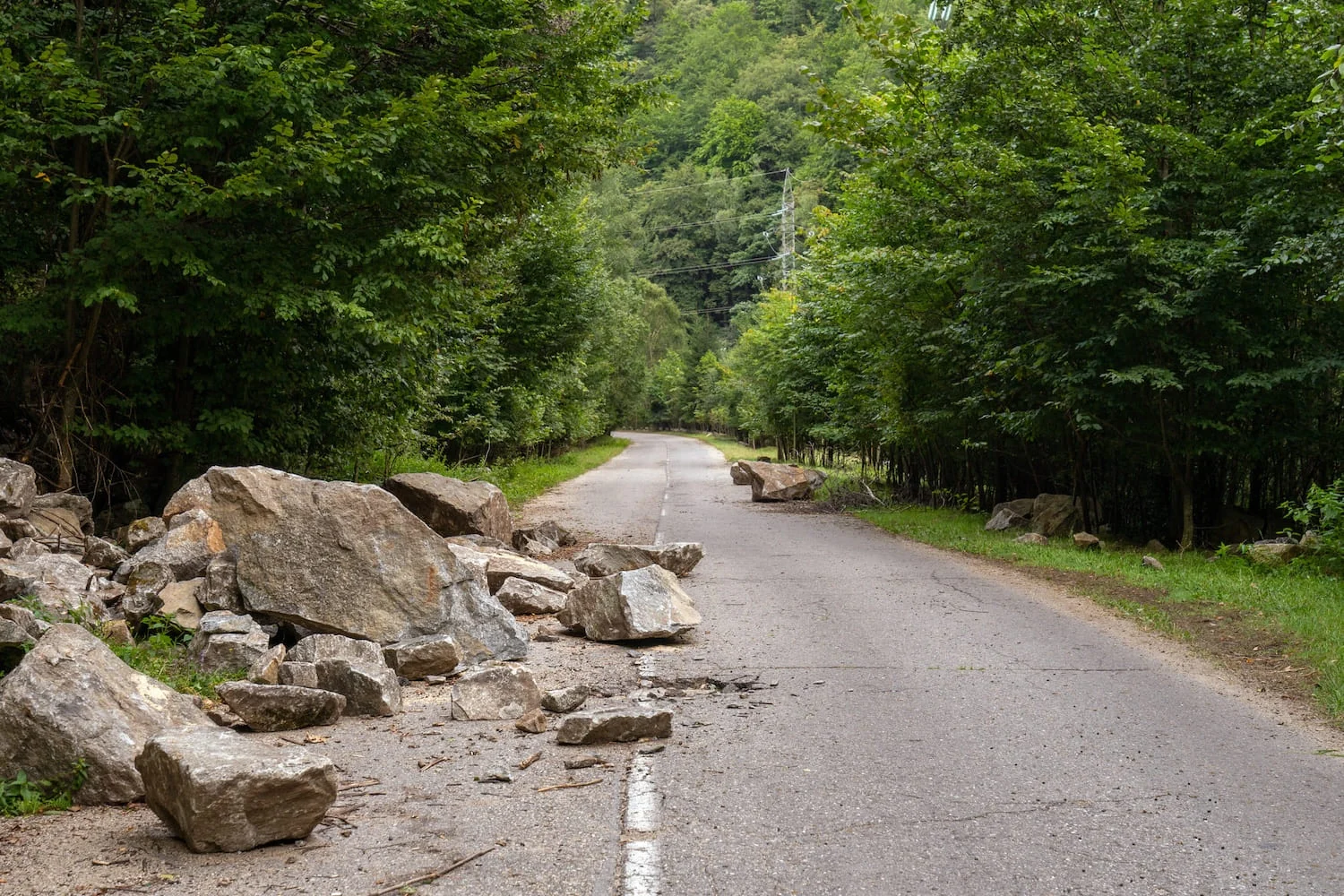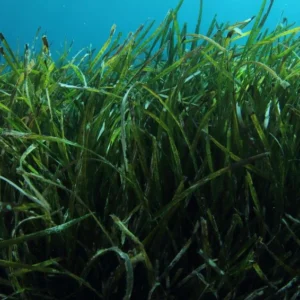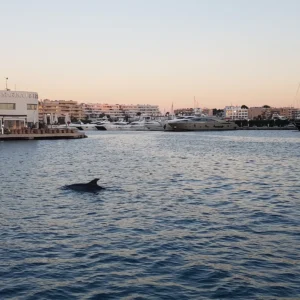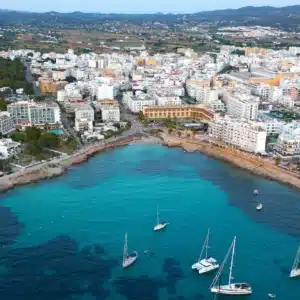This week, the National Geographic Institute (IGN) recorded a 2.1-magnitude earthquake in the waters near Ibiza and Formentera. While the tremor was not felt by the population and caused no damage, its mere occurrence may generate concern among residents and visitors alike. The idea of an earthquake can be unsettling, especially for those unfamiliar with the geological characteristics of the Balearic Islands. However, as geologists have repeatedly stated, the likelihood of a powerful, destructive earthquake striking Ibiza or the surrounding islands is extremely low.
The reason for this is that the Balearic archipelago is located far from the major seismic fault lines where tectonic plates collide. These zones, such as the boundaries between the African and Eurasian plates, are the regions where the most significant and potentially devastating earthquakes tend to occur. While minor seismic activity can sometimes be detected in Ibiza, experts reassure the public that these low-intensity tremors pose no real threat to infrastructure or safety.
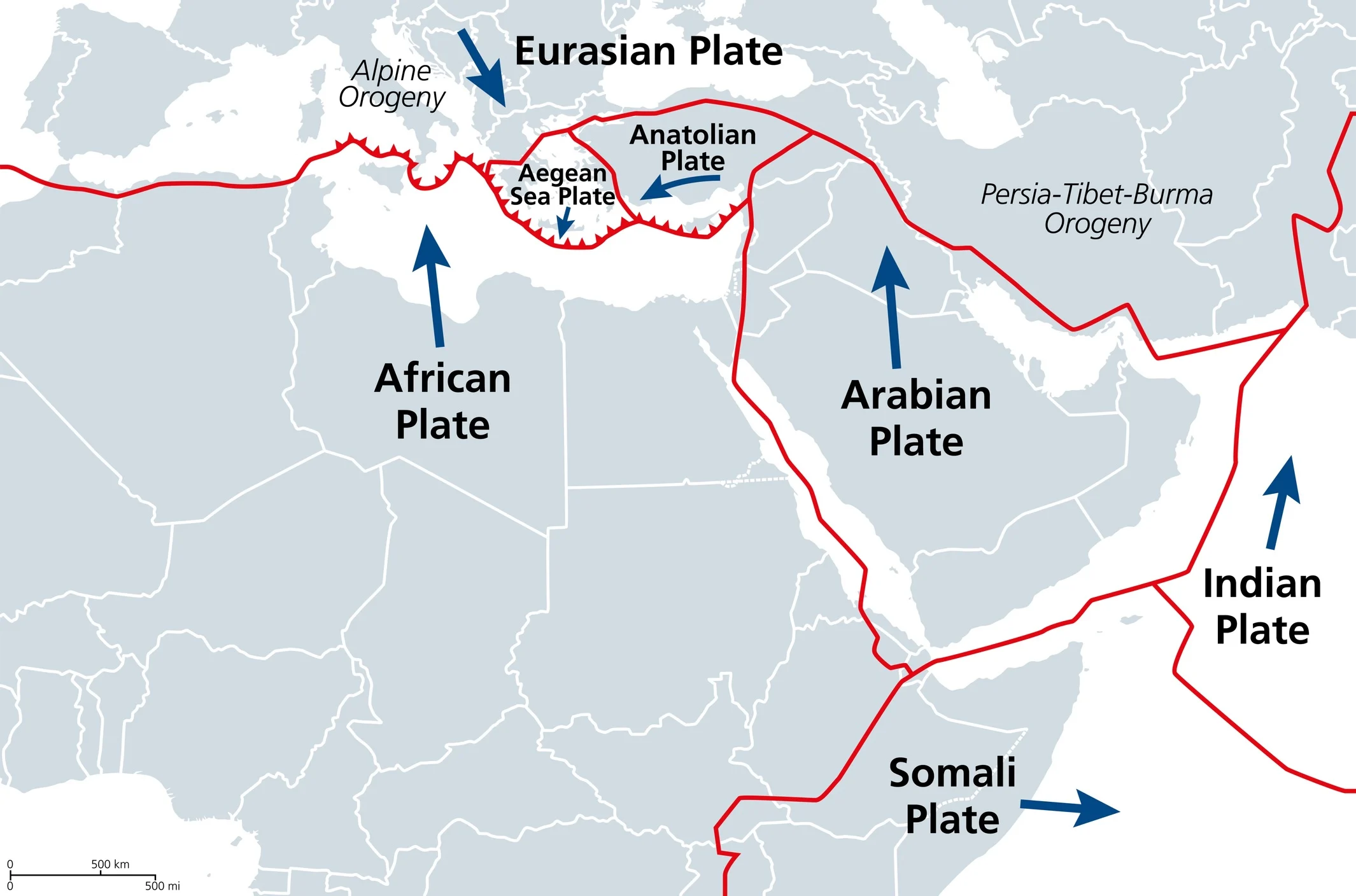
The real danger: a tsunami
While earthquakes are not a major concern for Ibiza, another natural phenomenon poses a far greater risk: a tsunami. The same scientists who downplay the threat of seismic activity on the island warn that the probability of a tsunami occurring in the Mediterranean—and potentially impacting Ibiza—is considerably higher than many people realise.
According to a recent article published in Science Direct—one of the most authoritative sources of scientific and medical research—the Balearic Islands are considered “the closest emerged land to the tsunami source“, which is the northern region of Algeria in Africa. This proximity places Ibiza and the rest of the archipelago at increased risk, as tsunamis generated by underwater earthquakes in the Mediterranean could reach the islands within a short time.
A look at the past: the 2003 tsunami
One of the most significant tsunami events in recent history that affected the Balearic Islands occurred on 21 May 2003. This tsunami was triggered by the Zemmouri earthquake, which struck Algeria with a magnitude of 6.8. The seismic activity beneath the sea resulted in a powerful displacement of water, which sent waves towards the Balearic Islands.
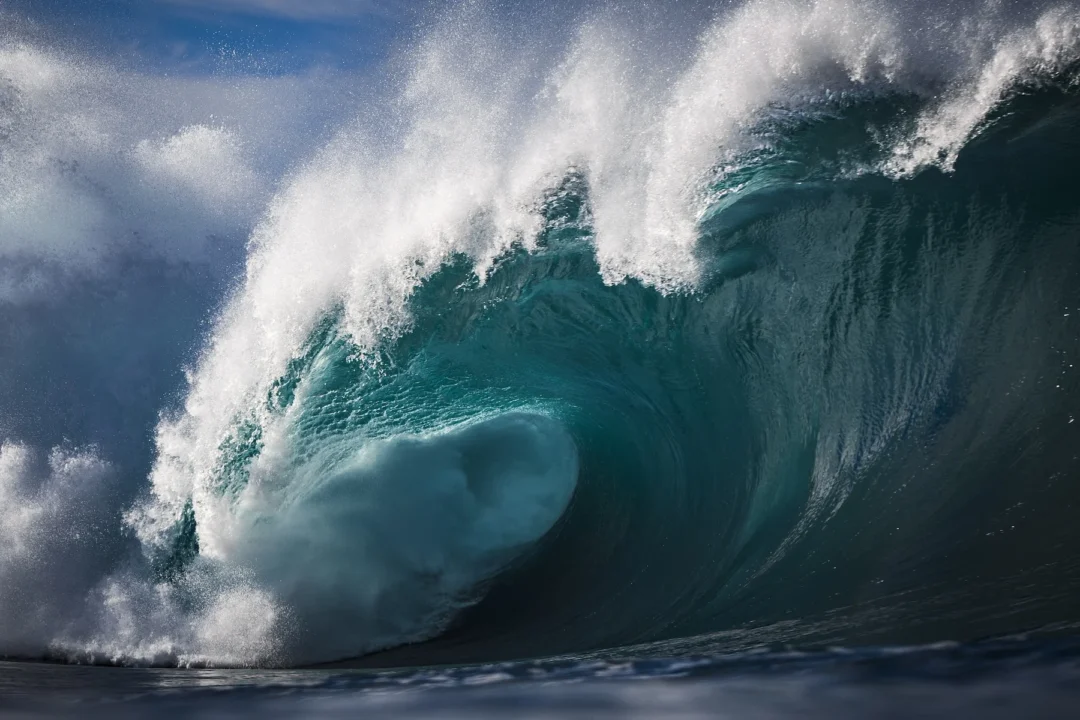
The effects of the tsunami were particularly noticeable in the southern and eastern parts of the archipelago, where port infrastructure sustained damage. In Ibiza, waves measuring up to three metres in height were recorded, causing disruptions along the coast. Meanwhile, in Maó, on the island of Menorca, a dramatic and rapid movement of water was observed in the port, further highlighting the potential dangers of such events.
This event served as a wake-up call for scientists and local authorities, reinforcing the importance of monitoring seismic activity in the Mediterranean and preparing for the possibility of future tsunamis.
Future predictions: an increasing risk
Recent research conducted by European scientists has examined how the probability of tsunamis in the Mediterranean may evolve in the coming decades. Based on their findings, the likelihood of tsunamis causing flooding of between one and two metres in height is expected to rise from 10% to 30% within the next 50 years.
This increase in risk is linked to various factors, including ongoing tectonic activity, changes in sea levels, and potential alterations in seismic behaviour. As a result, areas previously considered to be at relatively low risk may face greater exposure to tsunami hazards in the near future.
The Mediterranean’s high-risk zones
By analysing new variables and conducting extensive modelling, researchers have identified several regions within the Mediterranean that are particularly vulnerable to tsunamis. These include:
- The Balearic Islands
- Western Sardinia
- Southern Sicily
- The Northeastern Adriatic Sea
- Eastern Crete
- Northern Greece
- Southern Turkey
- Northern Cyprus
According to the study, these areas exhibit significant geological changes that could make them more susceptible to violent tsunami events by the year 2070. Given that Ibiza is among these high-risk zones, the need for preparedness and awareness becomes increasingly important.
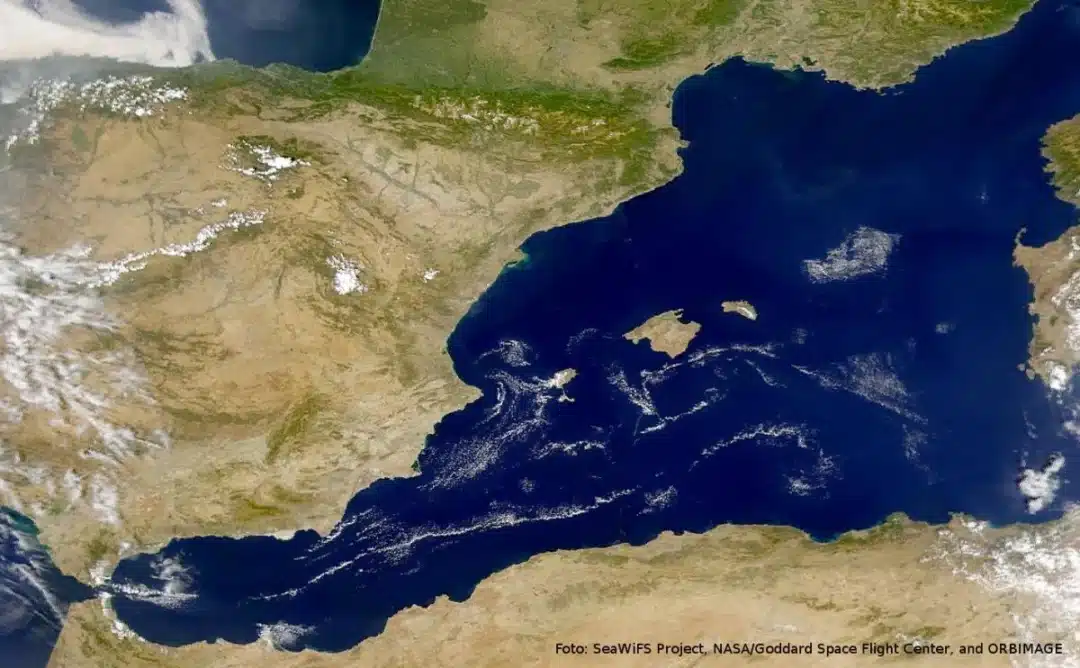
What can be done to mitigate the risk?
While it is impossible to prevent natural disasters such as tsunamis, steps can be taken to minimise their impact and ensure that communities are better prepared in the event of such an occurrence. Some of the key measures include:
- Improved monitoring systems: enhancing the capabilities of seismic and tsunami detection networks can provide earlier warnings, giving authorities and residents more time to react.
- Coastal infrastructure planning: ensuring that critical infrastructure, such as ports, marinas, and coastal developments, is built with resilience in mind can reduce the extent of potential damage.
- Public awareness campaigns: educating residents, businesses, and tourists about tsunami risks and emergency response procedures can help prevent panic and ensure swift action in case of an alert.
- Evacuation plans: developing and regularly testing evacuation routes for coastal areas can save lives if a tsunami warning is issued.
Although earthquakes in Ibiza are not a major concern, the risk of tsunamis is a reality that should not be ignored. The Mediterranean is not immune to these natural disasters, and past events have demonstrated their ability to impact the Balearic Islands. With scientists predicting an increase in the probability of tsunamis in the coming decades, it is crucial for authorities and residents to remain vigilant and prepared.
By investing in monitoring systems, enhancing coastal resilience, and educating the public, Ibiza can ensure that it is as well-equipped as possible to face this potential threat. While the beauty of the island remains its greatest attraction, understanding and respecting the forces of nature is essential for preserving both its landscape and the safety of those who call it home.
